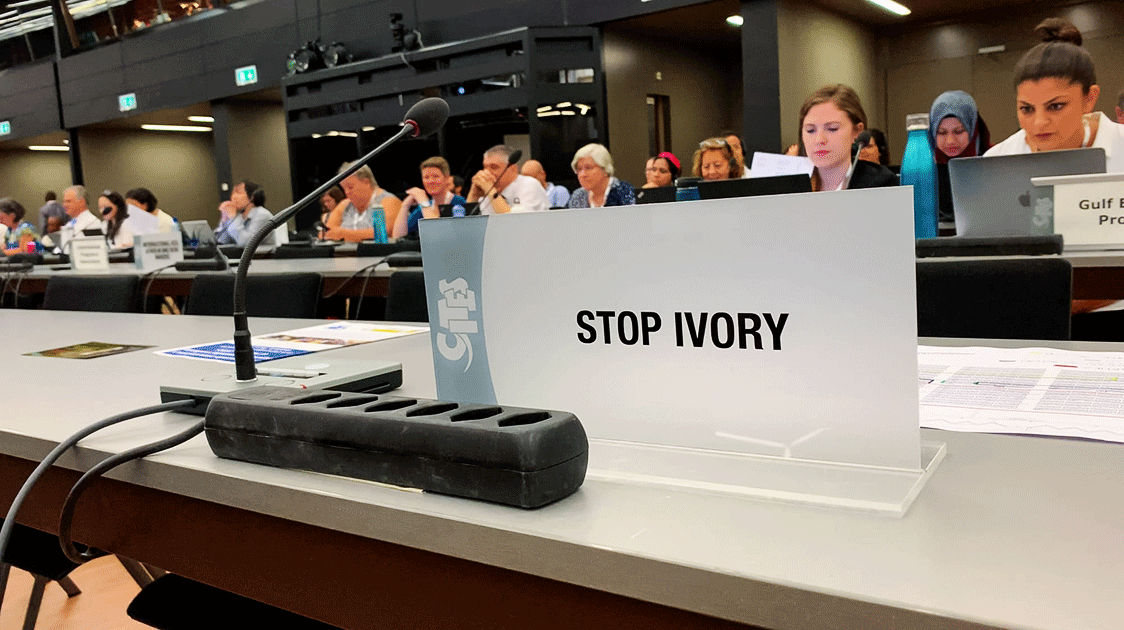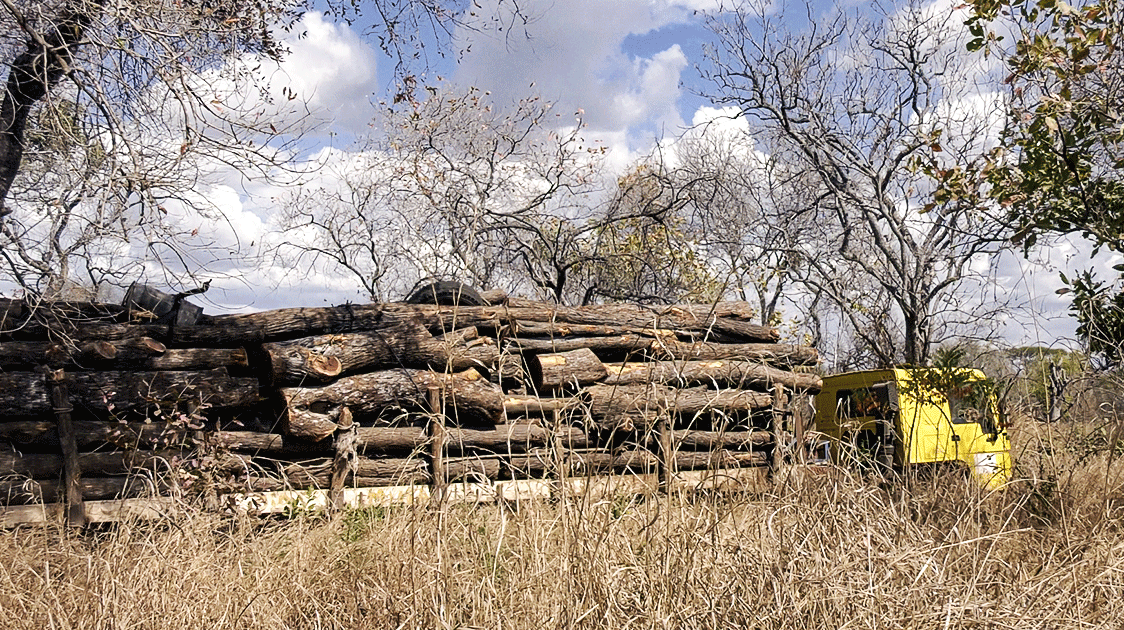CITES and Political Will

By David Cook
Since the ban on trade was imposed in respect of both elephant ivory ( barring a few one-off badly managed ivory auctions sanctioned by CITES ) and rhino horn, both species have been in steady decline primarily as a result of poaching but also suitably aggravated by human/wildlife conflict in a battle for space. This has been the core of our argument over the past 17 years, which is directed at lifting a 47-year-old ban.
It found expression in the nauseating reminder to our opponents that doing the same thing over and over again and expecting the gods to serve up a different result was just daft! Underpinning this bald truth was not a legalistic principle but plain, unadulterated common sense.

When confronted with this fact, the anti-sustainable-use lobby resorted to a biblical, creationist theory that contends that wild animals ( note I stress “wild” not domesticated species) share the earth with man on equal terms and must accordingly be assigned the same rights, i.e., neither humans nor wild animals should be used as commodities.
It conveniently ignored the fact that the legal status of wild animals in South Africa is res nullius , i.e. belongs to nobody but may become the property of anyone “occupatio” who assumes possession of it through effective physical control, i.e. fenced boundaries, etc., etc.
What the original lawmakers overlooked at the time – but quickly came to accept as a valid conservation activity – was that the driving force behind the upsurge in investment in wildlife was economics; marginal land produced far better returns under wildlife management than domestic stock. Hence the meteoric rise of commercial game ranching in the 1960s/70s.
Searching for some new counter-argument, mainstream NGOs and social media platforms began to ignore this economic principle. They deflected most of the arguments for a regulated trade in wild animals/products based on sustainable use practices on the grounds that such an approach was morally and ethically wrong.
Suitably coloured with emotion, it was a winning stratagem; it captured the hearts and minds of millions of people and made the big animal rights players in the Western world rich and powerful. In the final analysis, the now entrenched “ethical” argument prevails.

We have been urged to remain in CITES on the grounds that it does so much really good work protecting our hardwood timber forests, small mammals, bird, plant and reptile trade from rampant exploitation.
Really?
Africa has suffered drastically from over-exploitation by foreign agency in spite of CITES, so why remain shackled to something which, frankly, is the sovereign right of any state which values its natural resources to protect and to use as it sees fit.
Only an exit of the SADC range states from CITES and the formation of a new, enlightened body open to the markets of the world has any chance of salvaging what is left of wildlife resources trapped in a semi-dysfunctional formal and declining informal wildlife sector.
But that takes trenchant political will, a human trait sadly in short supply these days.
(David Cook is an ex-deputy director of the Natal Parks Board in South Africa and has spent his entire life in the conservation and wildlife sector.)




Comments ()